Hurricane Safety & Preparation 2023
This is a subtitle for your new post

Hurricanes and tropical storms are powerful and destructive weather events that can wreak havoc on businesses and communities. As a business owner, it is crucial to be well-prepared and prioritize the safety of your employees, customers, and assets during such events. We created essential tips and measures to help you effectively prepare for hurricanes and tropical storms, ensuring the continuity of your business operations and the safety of all involved.
1. Develop a Comprehensive Emergency Action Plan:
Create a detailed Emergency Action Plan (EAP) that outlines step-by-step procedures to be followed before, during, and after a hurricane that tailors to the unique needs of your business. In ensuring an effective EAP, identify potential risks and vulnerabilities, establish communication protocols, and designate responsibilities to your key personnel. Make sure to regularly review and update your EAP to reflect any changes in your business operations or location.
Educate your employees on the Emergency Action Plan and procedures to follow during severe weather events. Conduct training sessions that cover evacuation routes, emergency contacts, first aid, and basic survival skills. Encourage your employees to have personal emergency kits and develop a buddy system to ensure everyone's well-being.
With Delta Personnel, we provide for our clients in assisting in development and implementation of your EAP!
2. Secure Your Property:
Take proactive measures to protect your physical assets from potential damage. A solution for your building’s protection is to install storm shutters or plywood boards to safeguard windows and glass doors. Secure any loose objects that could become projectiles during high winds. If you have valuable equipment or sensitive data, consider relocating them to a safer location or elevating them to minimize the risk of flooding.
3. Back Up & Secure Critical Data:
Protect your business's vital information by regularly backing up data to hard drives or cloud-based servers. This will prevent loss in the event of power outages, hardware damage, or other unforeseen circumstances. Test your backups regularly to ensure they are accessible and up to date. Keep essential documents such as insurance policies, licenses, contracts, and employee records in a safe and waterproof location. Store copies digitally to have quick access to them which will expedite the recovery and claims process following a hurricane.
4. Review Insurance Coverage:
Review your business insurance policy and consult with your insurance provider to ensure you have adequate coverage for hurricane and storm-related damages. Understand the extent of your policy, including deductibles, exclusions, and limitations. Consider additional coverage options if needed, such as flood insurance, as standard policies may not cover flood-related damages.
5. Establish Remote Work Capabilities & Maintain Communication with Employees:
Prepare your business for potential disruptions by enabling remote work capabilities. Ensure that employees have access to necessary tools and resources remotely, such as laptops, secure network connections, and cloud-based collaboration platforms. This will help maintain productivity even if physical access to the workplace becomes impossible.
Create an emergency communication system, such as email, text messaging, and phone calls, to relay important updates, instructions, and safety information, to keep everyone informed about business closures, evacuation orders, and updates on resuming operations. Establishing reliable communication channels helps employees, customers, and stakeholders be informed before, during, and after a hurricane or tropical storm. The best way to provide for your employees is with clear instructions on reporting absences, remote work arrangements, and emergency contact information.
6. Having an Essential Supply kit:
Create an emergency supply kit that includes essential items such as flashlights, batteries, first aid supplies, non-perishable food, water, and a battery-powered radio. Stock up on necessary supplies well in advance to avoid last-minute rushes and shortages. Encourage employees to create personal emergency kits for their homes as well.
7. Stay Informed:
Utilize reliable sources such as the National Weather Service and stay updated with official notifications from local authorities and emergency management agencies. Subscribe to weather alert services to receive real-time updates about approaching storms and potential threats. Keep an emergency radio on hand for reliable communication in case of power or network outages. Stay vigilant and follow the instructions of local authorities.
If you’d like more information on contacting your local authorities, here are the NOAA Extreme Weather Information for the US Gulf Coast states:
8. Post-Hurricane Recovery:
After the hurricane or tropical storm has passed, prioritize the safety of your employees and assess the condition of your premises before allowing anyone to return. If there is significant damage, consult with professionals to evaluate the structural integrity of the building. Document the damage thoroughly for insurance claims and begin the process of cleaning up and restoring your business as soon as it is safe to do so.
By prioritizing hurricane and tropical storm preparedness, business owners can protect their employees, customers, and assets while minimizing potential disruptions to their operations. By implementing these tips and strategies, you will be better equipped to face these natural disasters and navigate the challenges they bring. Remember, early preparation is key to mitigating risks and safeguarding what you've worked so hard to build. Stay safe and be proactive in your hurricane preparedness efforts!



CONTACT US
1-504-833-5200
Contact Us
Thank you for contacting us.
We will get back to you as soon as possible.
Oops, there was an error sending your message.
Please try again later.
Powered With 💛 By Shazamme | Privacy Policy | Terms of Use | Sitemap | Copyright

